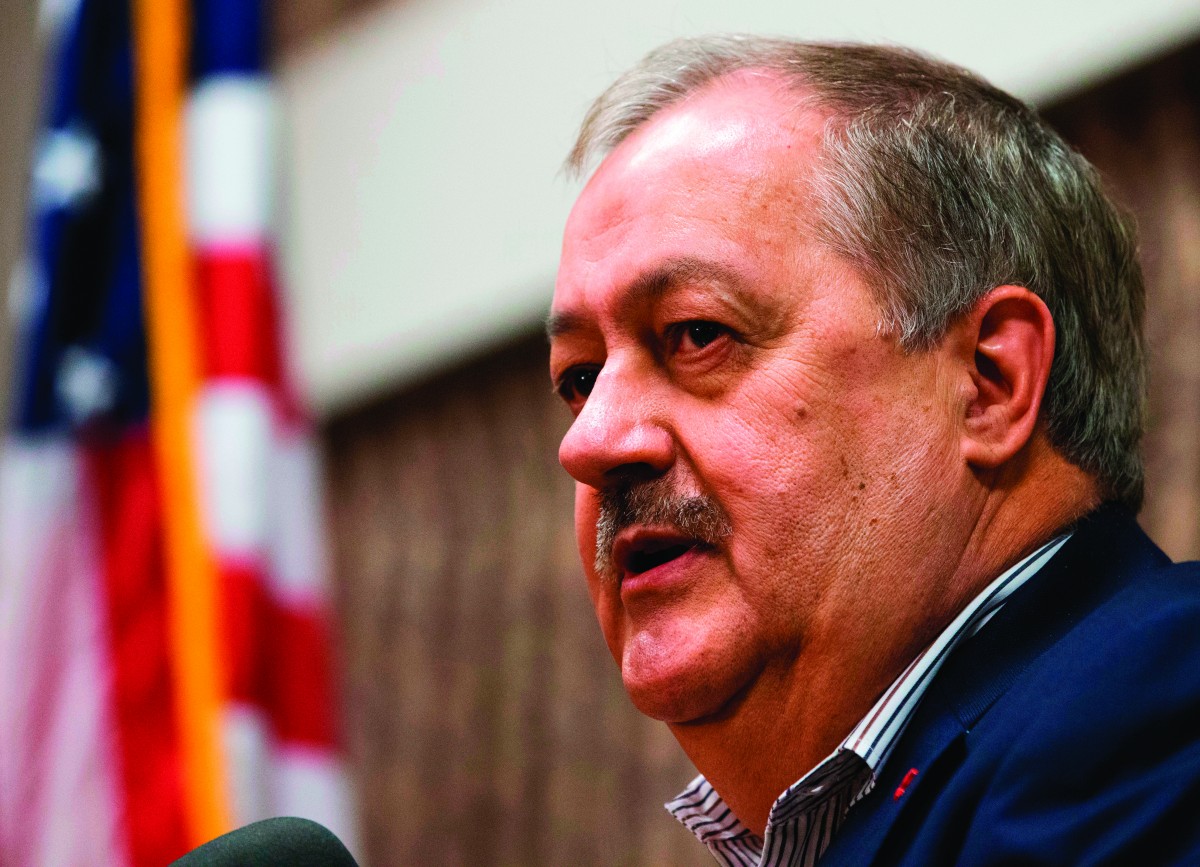CHARLESTON — Former Massey Energy CEO Don Blankenship must go to court if he wants to be the Constitution Party’s candidate for U.S. Senate in the November election.
On Thursday, West Virginia Secretary of State Mac Warner denied Blankenship’s candidacy after determining his filing violated the state’s “sore loser law,” which prohibits candidates who lost primary campaigns from running for the same offices in general elections.
“According to the plain language of the law, which controls my decision, a candidate who loses the primary election cannot use the nomination-certificate process to run another campaign in the general election,” Warner said in his announcement.
“Any other decision would be contrary to the law.”

In May, Blankenship unsuccessfully sought the Republican nomination for U.S. Senate.
On June 5, a new law took effect that was written to address ambiguities in the existing sore loser law.
Regarding the denial, Deputy Secretary of State Steve Connolly said:
“We wouldn’t have made this decision if we weren’t confident. We have taken painstaking efforts to ensure that the process has been followed throughout.”
The denial came two days after Blankenship filed to run as a candidate from the Constitution Party and indicated his campaign planned to challenge the “sore loser” law if blocked from running.
“There was a law in place at the time of the primary and that law would be the one they have to depend on which is extremely flawed,” Blankenship said.
Ahead of the filing, Blankenship’s campaign collected more than 11,000 signatures in support of his candidacy.
Of that number, Connolly said about 7,100 appeared valid before full vetting from county clerks.
“The easy route would have been to say, ‘No, you can’t solicit signatures. No, you can’t file your certificate. No’ throughout the process all along and base that on the plain language of the state code,” Connolly told MetroNews “Talkline” on Thursday.
“But we wanted to afford due process to Mr. Blankenship and to the Constitution Party in the event the law would be struck down by a court, so we are perfectly positioned at this point to react to what we hope is an expedited legal process.”




